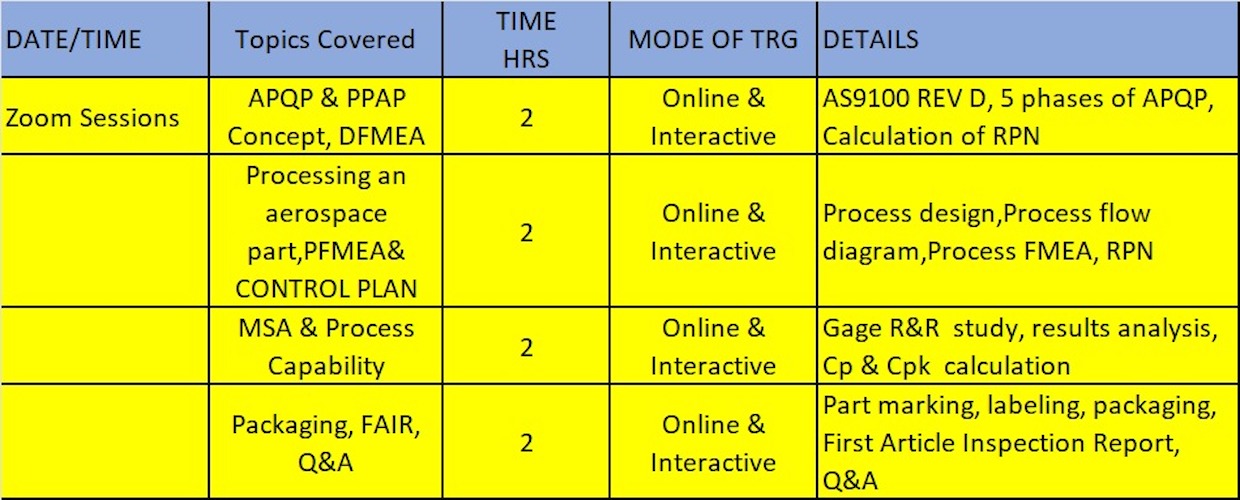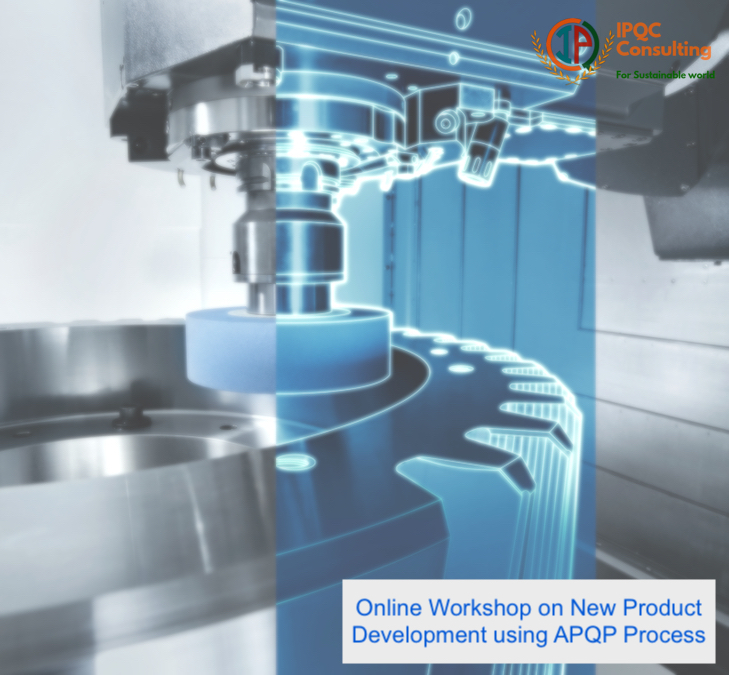Introduction & Background:
The Aerospace and Defense (A&D) market in India is estimated to reach around $70 billion by 2030 as the momentum is expected to further pick up with improving infrastructure and government thrust. The growth of airlines and passenger traffic in India has been highly rapid in the past five years at over 15 percent per year and this has increased from around 70 to 200 million passengers in the past 10 years in domestic and international air travel. Further, the number of flyers from India for international travel is also estimated to be around 100 million last year which indicates high demand for airline services and seats.
COMPONENT MANUFACTURING
This makes a strong case for global OEMs and their suppliers to examine India as a destination to play a vital role in the global supply chain for aerospace components and parts. There could be several advantages to gain from the low costs in India along with the technical and engineering expertise / skills available for high-precision and high-quality components. What has been witnessed in the automobile components and auto industry can very well be replicated for aerospace and related components and services.
Many private companies have made rapid strides in developing India as a preferred destination for aero structures, components, sub-assemblies and complex system assemblies. Leading global OEMs have established JVs in India for the manufacturing of aero¬space related parts and assem¬blies which find their way into many commercial and defense aircraft and helicopters.
BOEING INDIA – Just one of the many ventures entering India
By the end of this year, Boeing India will open its second-largest campus at Aerospace Park in Devanahalli. This facility will be its largest outside its headquarters in Virginia. The company on Monday said it has invested over $200 million to build the campus on 43 acres of land on the outskirts of the city.
Relevance and Justification:
The fresh graduates who are already blessed with sufficient knowledge in MRO, machining, Engineering Drawing and measurements as well as the knowledge in aeronautics, the integration to component manufacturing is only a matter of understanding the engineering practices that is prevalent in the industry. This gap can be bridged by a two-day workshop on new product development known as APQP.
Methodology:
On-line and interactive session with out of the box case studies
Whom to Attend:
CFT, New recruits, sales team, production and engineering staff, programmers and the management.
Scope:
Overview of APQP, Overview of AS 9100, Glossary of terms, Five phases of APQP, Process design, DFMEA, PFMEA, Control plan, MSA, Process capability, Q&A. Total 12 hours.
Training Content:

A certificate of participation will be issued at the successful completion of the course.
Benifits:
APQP process is mandatory for any new product and process changes in the aerospace industry. All the members of the CFT are to be well versant with the APQP process, for the smooth acceptance of the prototype.






There are no reviews yet.